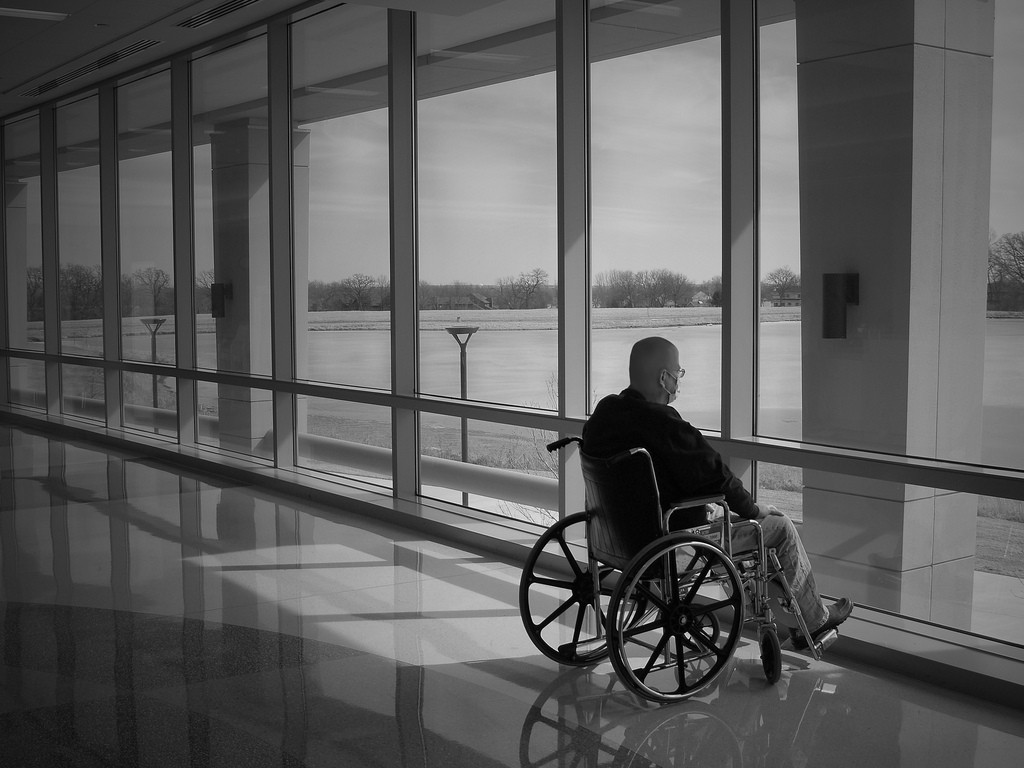Finding the right residential care center for an aging loved one can be challenging, but for many families, the stress does not end once the boxes are unpacked, and the resident is comfortably settled in his or her new home. Sadly, nursing home neglect is a real problem in the United States, and far too many families are faced with how to respond to signs of abuse or neglect.
Working with a professional like skilled nursing home neglect attorney can help families navigate this troubling issue and ensure that nursing homes that fail to meet their obligations to residents are held accountable.
What is Nursing Home Neglect?
When a resident of a nursing or retirement home is subjected to improper treatment, the matter usually falls under the categories of abuse or neglect. Nursing home abuse is defined by the federal government as “the willful infliction of injury, unreasonable confinements, intimidation, or punishment with resulting physical harm, pain, or mental anguish.”
Neglect, on the other hand, is defined as “failure to provide goods and services necessary to avoid physical harm, mental anguish, or mental illness.” There is some crossover between the two categories, but if a loved one is subjected to nursing home abuse or neglect, the matter can be addressed within a single legal action.
What are Some Examples of Nursing Home Neglect?
There are many different things that can fall under the umbrella of nursing home neglect. When asked, a group of Certified Nursing Assistants provided a list of specific examples. Some of the conditions that could be considered nursing home neglect include:
- One person trying to move or transfer a resident when two people are needed for the job
- Failing to provide necessary wound care
- Failing to adequately bathe a resident or perform general personal hygiene tasks
- Failing to keep residents properly hydrated
- Not performing routine oral health and dental care
- Not offering activities or interactions to residents who are confined to their beds
- Refusing to take action when a resident asks for reasonable help or accommodation
- Not ensuring residents are clean following an incident of incontinence
These are just some of the actions that amount to nursing home neglect. There are a multitude of other conditions that could meet the legal standard, such as failing to provide adequate home aids for the elderly. That is why it’s important to take steps to report and address neglect as soon as you suspect a resident is not being properly cared for.

What Should I do if I Suspect Nursing Home Neglect?
If you have a friend or loved one in a residential nursing home, take care to pay close attention to their physical and mental health during visits. You should also assess the overall condition of the living arrangements, noting whether the facility seems clean and if repairs are done in a timely manner.
The attitude of the staff is also a good way to gauge the risk of nursing home neglect. It takes a special person to deliver outstanding care to elderly residents of nursing homes. Staff need to be caring, compassionate, and above all else, patient. If you see staff treating residents callously or with disregard, there may be a deeper problem with neglect when family members are not present.
If you notice signs of abuse or neglect, begin by documenting the evidence. Take photos as needed and write down the details of reports made by your loved one. You can take these concerns to the management of the facility. If you are told that action will be taken to address the matter, be sure to track the response and progress.
It is important to take prompt action if you see signs of nursing home neglect or abuse. Older people often have a harder time healing from wounds or injuries, and their health can decline rapidly if they are subject to improper treatment. Neglect can also worsen anxiety or depression in older adults and can make their day-to-day lives miserable.
In the worst cases, residents are made to feel as though there will be repercussions if they report abuse or neglect and choose to suffer in silence. And of course some residents are simply unable to communicate these issues, especially when dementia or other mental health issues are present or when the resident is physically incapacitated.
Conclusion
If you suspect your loved one has been subjected to nursing home abuse or neglect, take action to improve their living conditions and get any damages they are entitled to. Reach out to nursing home neglect attorney Roger Weinberg to discuss your case in detail and learn more about your options.
